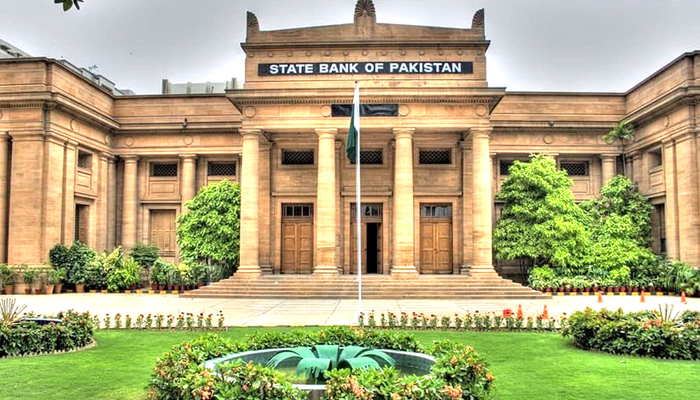Karachi: On Monday, the State Bank of Pakistan (SBP) decided to keep the policy rate at 15%.
The State Bank of Pakistan (SBP) said in a press release that the Monetary Policy Committee (MPC), which met today in Karachi, decided to keep the policy rate at 15%. Since the last meeting, the economy has continued to slow down, and headline inflation and the current account deficit have both gone down.
It also said that the recent floods have changed the big picture of the economy and that a fuller analysis of their effects is currently being done. Based on the information they had at the time, the MPC thought that the current monetary policy was a good way to keep inflation under control and keep growth going after the floods. On the one hand, the supply shock to food prices could cause inflation to be higher and last longer. It is important to make sure that this extra push does not cause prices for other things in the economy to rise, the report said.
Related: The SBP increases the key policy rate to 15%.
On the other hand, growth prospects have gotten worse, which should ease pressure on the supply side and keep inflation down. In light of these opposing factors, the MPC thought it was best to keep the monetary policy settings the same for now.
“Since the last meeting, the MPC has seen a number of important changes. First, the desired slowing down of economic activity has become clearer and more permanent. “This shows that the tightening measures put in place over the past year are working,” the report said.
After the floods, growth is likely to slow even more, so this tightening will need to be done with care in the future. Second, as expected, inflation peaked in August, but it went down last month because the government cut the price of electricity. Core inflation, on the other hand, kept going up in both rural and urban areas. Third, the current account and trade deficits got much smaller in August and September, and some of the rupee’s losses from the recent drop in value have been made up.
Fourth, the IMF programme is still going on, and the 7th and 8th reviews were completed successfully on August 29. This freed up $1.2 billion.

